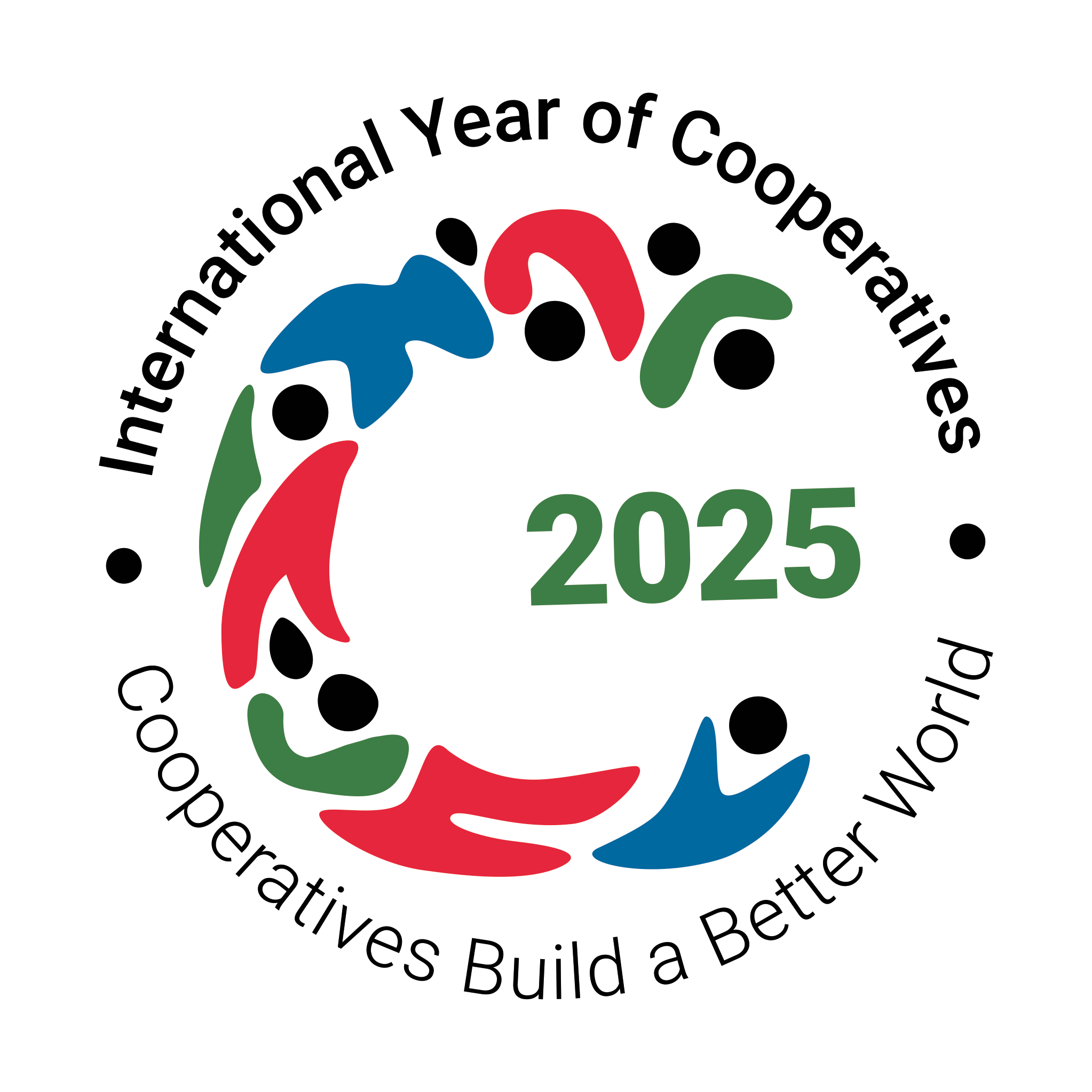The “community wealth building” movement has grown out of a recognition that, in many places, rather than staying and circulating in local economies, money and wealth are extracted and tend to be concentrated in wealthier locations elsewhere. Added to this, over recent decades, attempts at regeneration or economic development have struggled to deliver in a sustained way across communities – partly because of this wealth extraction, but also because the idea of “trickle-down” or “trickle across” hasn’t worked well in practice. For example, major investment in town centre office and residential accommodation has had little impact on poverty and deprivation outside of those centres. This has tended to exacerbate inequalities.
As defined by the Centre for Local Economic Strategies (CLES), based in Manchester, community wealth building is “a people-centred approach to local economic development. It reorganises local economies to be fairer. It stops wealth flowing out of our communities, towns and cities. Instead, it places control of this wealth into the hands of local people, communities, businesses and organisations”.
CLES identify five connected elements or principles of community wealth building:
- Plural ownership of the economy.
- Making financial power work for local places.
- Fair employment and just labour markets.
- Progressive procurement of goods and services.
- Socially productive use of land and property.
Much of the early work on community wealth building focused on the procurement activity of “anchor organisations”, with some - but much less - emphasis on the promotion of co-operative and mutual businesses.
(Anchor organisations are organisations like the Council or the NHS which are of central importance to the local economy because they’re not going to move away as economic conditions change, they are major employers, and they spend a lot of public money.)
This work demonstrated clear positive outcomes.
In Preston, for example, local anchor organisations increased the proportion of the budget they spent in Preston from 5% to 18% over a period of 5 years, and within the rest of Lancashire from 39% to 79%. Over the same period, unemployment in Preston fell from 6.5% to 3.1% and they experienced above-average improvements in measures around health, transport, work-life balance and skills.
In Rochdale, some local anchor organisations have started to analyse where and how they spend their money, (for example, whether they purchase their supplies and services from smaller local firms or from larger national companies) and how their employment practices impact on local people (for example, what percentage of the better-paid jobs in the organisation are filled by people who live locally).
In North Ayrshire, the local authority has recently published a community wealth building strategy that will inform all its activity.
We will seek to build on the experiences of community wealth building across the UK and more widely, learning the lessons from elsewhere, and applying them locally.
Localising the procurement and employment activity of anchor organisations will be important, but we will go further – like North Ayrshire, working across all 5 of the community wealth building principles and doing that with a particular focus on co-operation, partnership, and community leadership.




